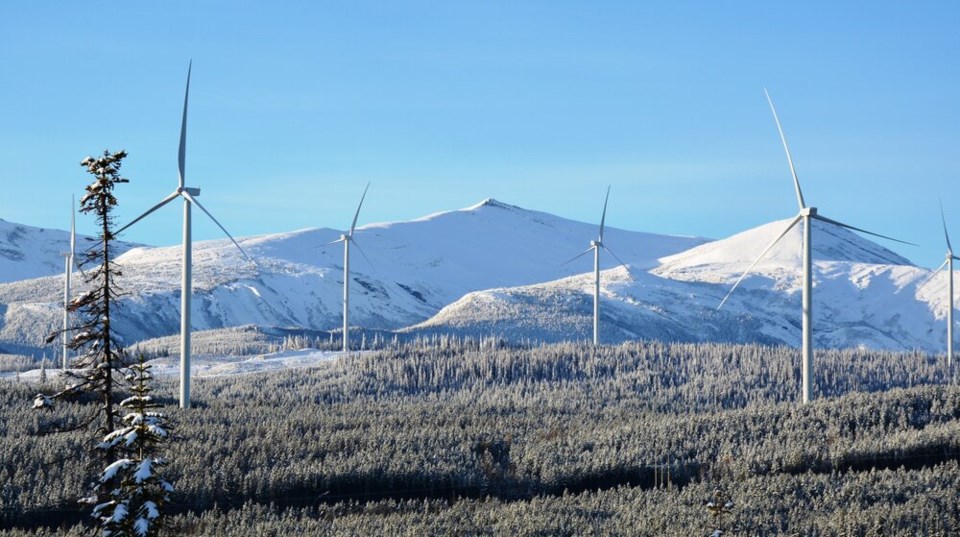Between the uncertain future of our federal government, the unpredictability of President-Elect Donald Trump and an unsettled global economy rife with talk of trade tensions and tariffs, 2025 is off to a choppy start. But there are bright spots too that suggest B.C. can weather this storm. For New Economy Canada, a key beacon in 2025 is quite simply to “follow the money.”
Money is flowing into the clean economy (sectors that are low carbon or transitioning to become low carbon) at a remarkable pace. For example, the International Energy Agency (IEA) projected that for every dollar invested in fossil fuels last year, twice as much was invested in clean energy, for a total of $2 trillion invested in clean energy technologies and infrastructure.
The clean economy is where investors are finding growth opportunities—in projects that are bringing new clean, reliable, secure and affordable energy resources online to power homes, businesses and industrial sites, and also support the electrification of traditional sectors.
Canada and B.C. are in the race but could be doing much better. China, which is putting up one nuclear power plant worth of solar panels every 24 hours, is home to a whopping 40 per cent of total global investment. The U.S. has also cashed in, with nearly $130 billion in private sector capital thanks to the U.S. Inflation Reduction Act. And before you ask whether Trump will end the program, consider this: With hundreds of clean energy, EV and supply chain projects underway or announced, and hundreds of thousands of jobs created in primarily Republican states, energy analysts have predicted that the transition will continue due to bi-partisan support, the affordability of renewables and corporate leadership.
All signs point to this trend continuing. KPMG recently surveyed financial and corporate institutions across 36 countries and territories, and found that nearly three in four executives (72 per cent) reported accelerating investment in clean energy and tech assets. This doesn’t mean that markets are abandoning fossil fuels. With only a quarter of executives reporting that they’ve stopped investing in fossil fuels altogether, it’s clear that oil and gas will remain part of the mix for decades. But the survey found that clean economy sectors made up the top five most attractive areas for investment.
With all this capital up for grabs, B.C. can be the investment destination of choice.
We have the natural resources and proximity to large markets to become an even bigger clean energy powerhouse, creating thousands of well-paying jobs, attracting new industries that rely on clean energy to decarbonize their operations and driving provincial revenues. BC Hydro has already embarked on a $36 billion capital plan to upgrade and expand infrastructure, and inked contracts for one solar and nine wind projects that will generate enough clean power for 500,000 homes, and each of these projects will be developed as joint venture partnerships with First Nations. This is just the first of many calls for power and opportunities for investment as BC Hydro doubles the size of B.C.’s grid over the next 25 years.
We also have the critical minerals needed to create the solar panels, wind turbines, EVs, batteries, microchips and microprocessors for global decarbonization. The IEA projects a six-fold increase in demand for critical minerals by 2040. And, with 17 proposed critical mineral mines awaiting permits, the Mining Association of BC has noted that “this is a generational opportunity which must be seized and could position B.C. as a leading global supplier of responsibly produced critical minerals.”
The global shift to a clean economy isn’t on the horizon, it’s already here. And while there may be some gusts and lulls in certain sectors, the general direction will be driven by the massive investments that will continue to flow in 2025. B.C. has already earned an enviable toehold on the global stage. Now is the time to hold our course and focus on winning a bigger piece of the pie to ensure our economy grows and British Columbians prosper.
Merran Smith is president of New Economy Canada and a board member of BC Hydro.



